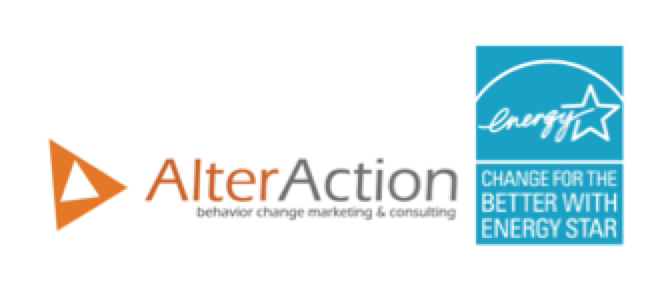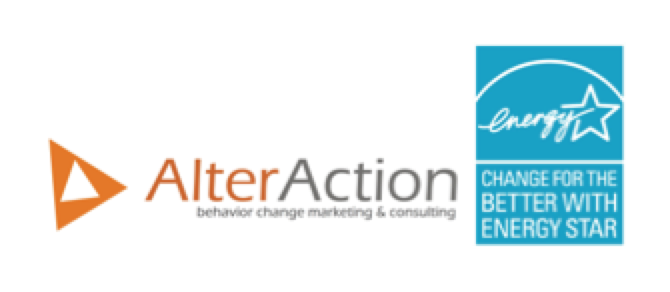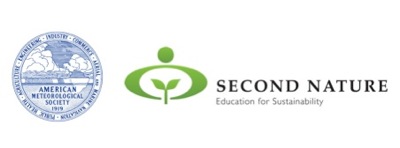This non-technical presentation on data center energy efficiency will: 1) Explain savings opportunities in an easy-to-understand manner; 2) Empower anyone to spot ways to reduce energy costs in a data center or server room; and 3) Describe free resources you can tap for further assistance.
Webinars, Workshops, and Events
It's relatively easy to save up to $200 in energy costs for every computer in your organization, and that's just one of many opportunities. This webinar will provide information and resources on how to drive computer and office equipment energy savings in your own organization -- even if you don't work in IT. This webinar is sponsored by ENERGY STAR and hosted by Second Nature and AlterAction, a US EPA ENERGY STAR Technical Support Contractor.
This interactive webinar is aimed at College and University faculty and staff working to complete and submit a Climate Action Plan as part of their institution’s reporting requirements for the ACUPCC. Brett Pasinella, Senior Manager of Innovative Services, walks attendees through common problem areas and frequently-asked questions.
Hosted by Second Nature and the American Meteorological Society (AMS), this webinar is aimed at promoting the importance of basic climate science education at all colleges and universities. This webinar provided an overview of the AMS Climate Studies Diversity Project, its eligibility requirements and application process, as well as experiences of previous Diversity Project participants. From 2:30 - 3:30 p.m. ET, 02/11/15.
This interactive GHG Report Troubleshooting webinar is aimed at College and University faculty and staff working to complete and submit a GHG inventory as part of their institution's ACUPCC reporting requirements.
Hosted by Second Nature, this webinar features a representative from Ball State University sharing their pilot experience participating in Chevrolet's Carbon-Reduction Initiative using a specially-developed carbon credit methodology. Representatives from Chevrolet shared insights on how this methodology can be used on other campuses, as well as resources for understanding and taking advantage of the voluntary carbon market.






